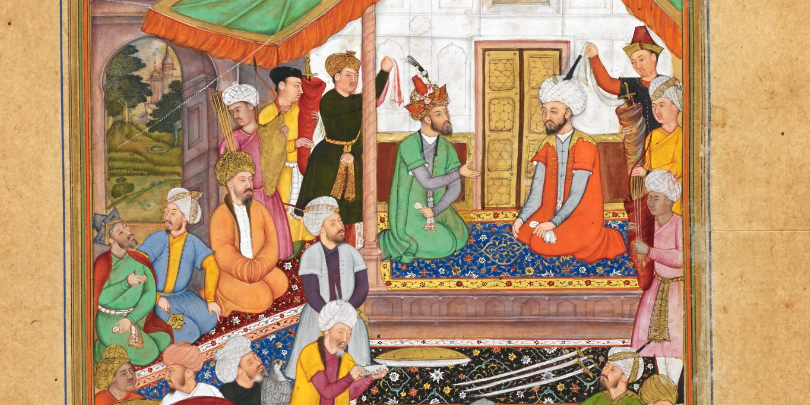World History: Rise of the Islamic Empire
May 06, 2023
This essay discusses the rise of the Islamic Empire and its impact on world history.
The Islamic Empire is one of the most empires in human history. Its rise began with the emergence of a unified Arab state called Umayyad Caliphate in 632 CE, which a single religion and culture emerged from various local traditions. The Umayyad dynasty was eventually supplanted Abbasid rule beginning in 750 CE, which saw increasing focus on religious orthodoxy and expansion across much of and Asia. This period also saw great advances in science, mathematics, medicine, philosophy, and literature – all contributing to a more diverse and complex world view than ever before.

The rapid spread of Islam had political implications as well as cultural ones. Islamic law, or Shariah, formed the basis for many countries laws and legal codes. It also provided a framework for more equitable rights for women than was common in Europe at the time. This period of development saw much warfare as the Islamic Empire jostled with Christian forces, but it is important to note that these conflicts were primarily about power and control – not religious differences per see.
The Islamic Empire had a profound impact on world history, with its dominance stretching from Northern Africa to India and into Central Asia. Its legacy remains today in forms such as legal structures, trade networks, educational institutions, architecture, art and even food. This legacy has had an enduring influence on world culture and continues to shape our modern world - making it an integral part of world history.
In conclusion, the rise of the Islamic Empire was a major turning point in human history. Its legacy has had a lasting impact on politics, culture and society across much of the globe. It is one of history’s most defining moments that continues to shape our world today.
